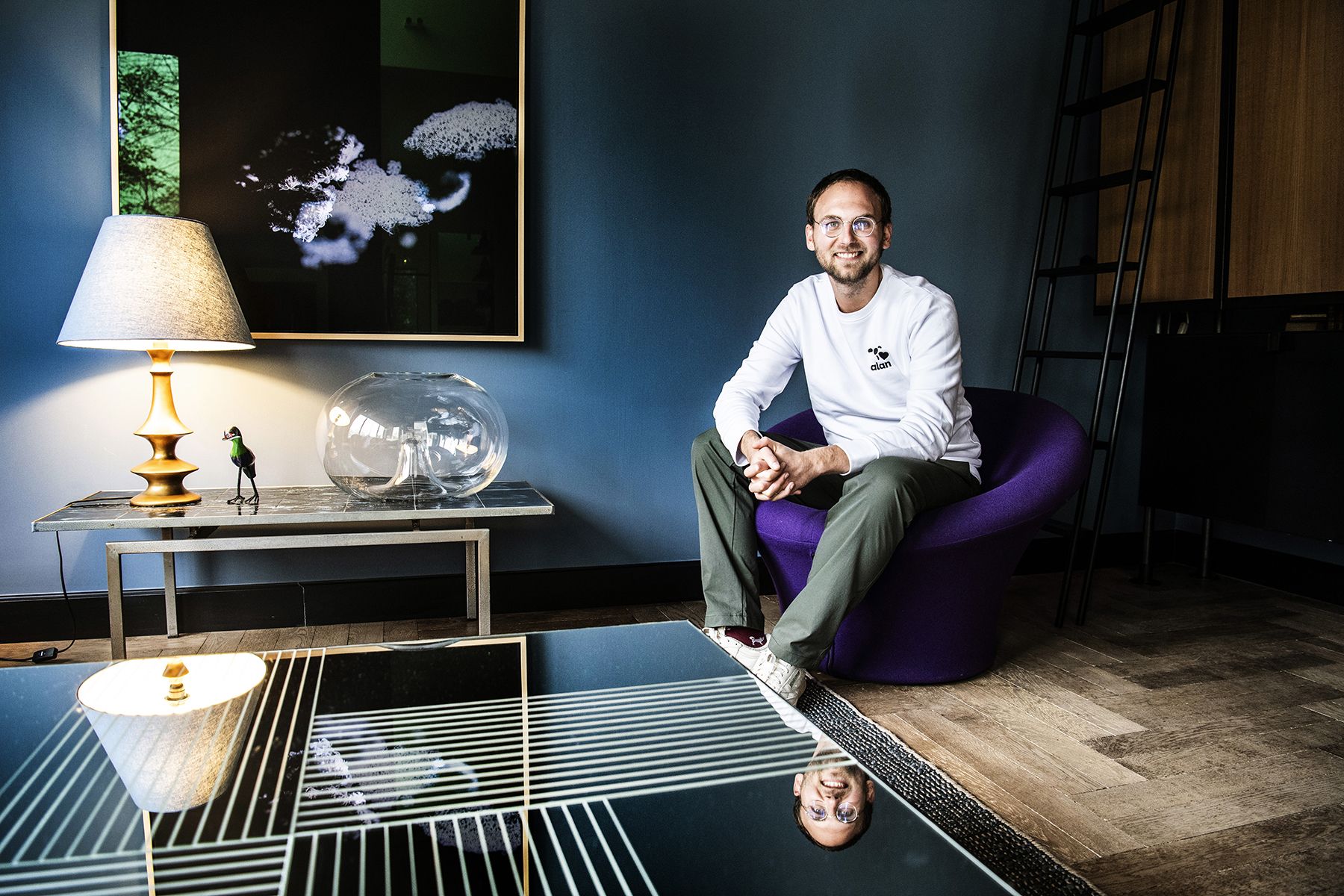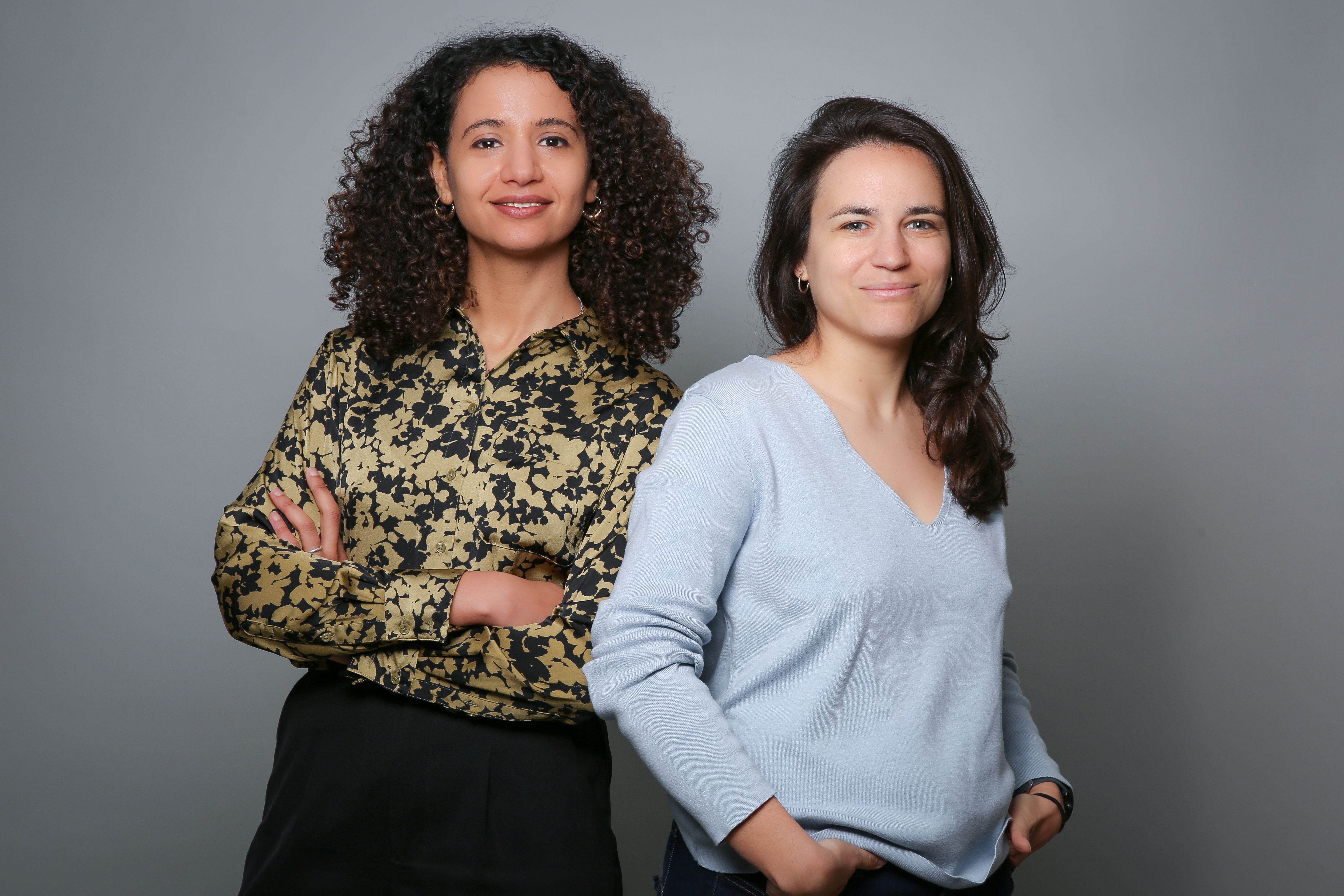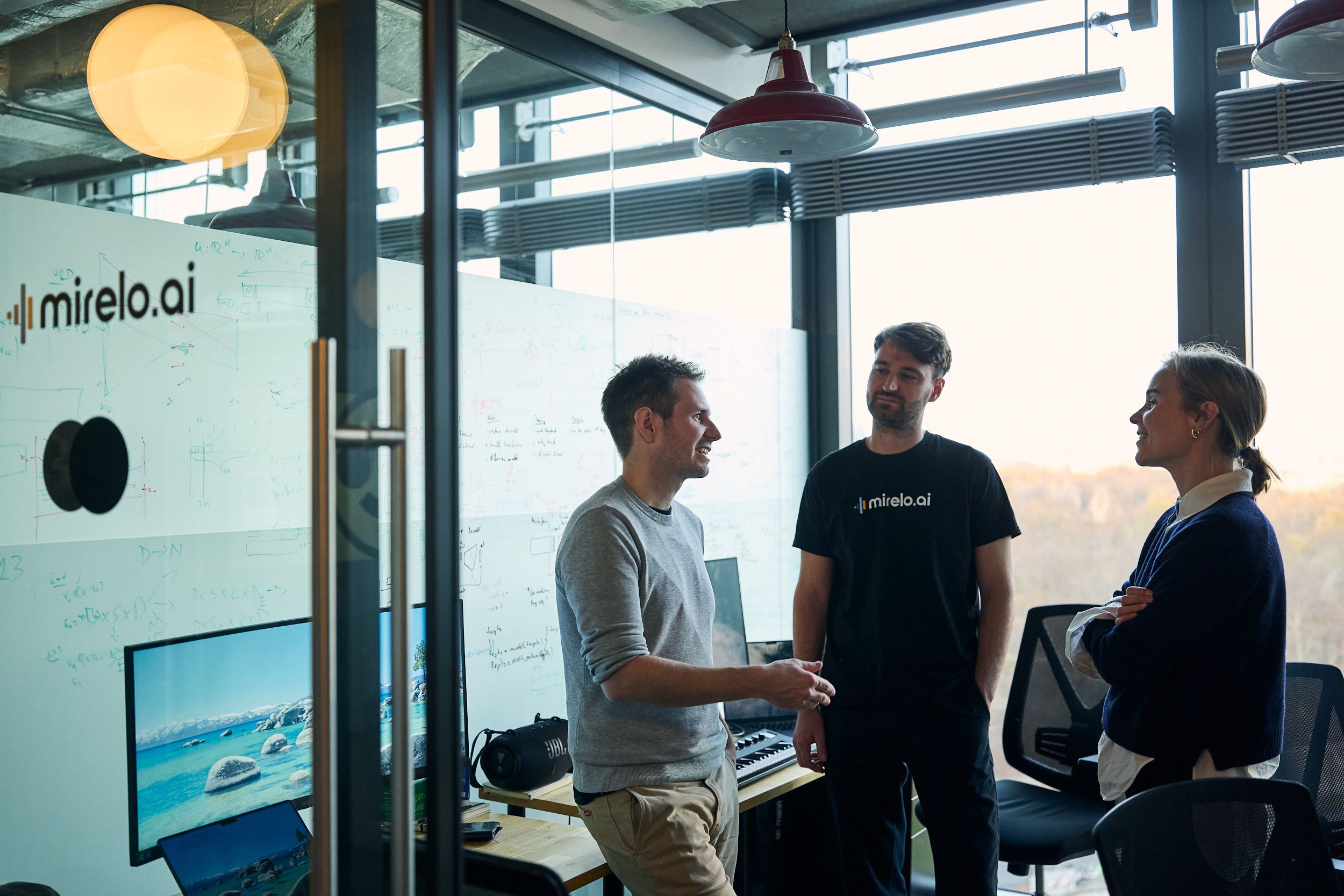Alan: a new paradigm for global health

As Alan announces €4bn valuation, Index Partner Jan Hammer reflects on the global trends behind its rise.
Human health has advanced through platform shifts in the delivery of care. In medieval Europe, medicine was fragmented and inconsistent. Doctors, if available, made house calls to the wealthy, while the poor relied on folk remedies or charity at home. The advent of hospitals in the 18th and 19th centuries changed all that, with a central institution that offered round-the-clock care to people at scale. Then came the rise of the welfare state in the mid-20th century, as postwar governments built healthcare networks serving patients across primary clinics, GPs, specialist consultants and hospitals.
Yet like all innovations, these models of healthcare were adapted to their time and place – and are coming under huge strain in the 21st century. While centralization initially improved efficiency, it ultimately led to increased bureaucracy, long wait times, and a one-size-fits-all approach to treatment. In many cases acute care has overshadowed preventing disease, while patients have ended up bouncing between specialists focused on a particular organ or system. And as the global population ages and chronic diseases rise, healthcare systems bear the double burden of increased demand and ballooning costs.
Alan is forging a new approach to healthcare that’s at once individualized and universal, high-tech and high-touch, efficient and empathetic.
This is where Alan comes in. We’ve been investors in the company since their Series A in 2018 – and have seen them grow from being a health insurance innovator for employers to becoming a one-of-a-kind holistic health hub. Alan has evolved to offer telemedicine, health tracking and tailored health guidance, as well as wellbeing programs spanning mental health support, managing back pain, nutrition, physical activity and more. The basic idea is that it’s possible to run care without owning and operating a hospital. The result is a vertically integrated model that brings health to where people are – on their phones, in their homes and at the workplace. Alan now has 650,000 members across France, Belgium and Spain, with more countries to follow.
With Alan, people are no longer passive recipients of care, but active participants in their own health journey. The company doesn’t replace hospitals or primary care physicians, but instead provides a new platform for the delivery of services that’s accessible, responsive, and focused on prevention – leading to lower costs, better outcomes, and higher satisfaction for everyone.
Every time my Index partner, Julia Andre, and I speak to Alan’s CEO Jean-Charles, we’re reminded of his commitment to this vision. Since our early conversations, he’s always talked to us about his desire to rebuild the whole healthcare system – insurance has always been just a stepping stone on the journey.
Alan is winning not just because they’re tackling the biggest total addressable market on Earth – humans who want to stay well – but because they’re doing so with a deep understanding of what consumers need and demand. Since the pandemic, people are increasingly taking control of their wellbeing, seeking out products to help them live healthier lifestyles. They expect health services to be as accessible and user-friendly as the apps they encounter in daily life. They want healthcare on their terms, whether that’s through a smartphone app or a video call with a doctor. Just as medicine itself is shifting from a paternalistic, ‘doctor knows best’ mentality to a more patient-centered model, Alan appreciates that people want to be informed and empowered to meet their own individual needs and goals.
Alan has also grasped the seeming paradox that digitization and technology can enhance the human touch in medicine. They’re pioneering the use of AI, which is at the core of their innovation strategy. Alan’s AI doctor, “Mo”, is currently in alpha testing, providing a first line of support that can handle routine inquiries, offer initial assessments, and direct users to appropriate care when needed. I’ve tested it myself following my ski accident last year, sitting in the Alan offices in Paris with my knee in a brace. Alan is also using AI internally, from optimizing customer support to automating HR tasks and using chat bots to query the team’s internal data. All this frees up resources for more meaningful, impactful and personal interventions for Alan’s users when they’re needed.
Alan is forging a new approach to healthcare that’s at once individualized and universal, high-tech and high-touch, efficient and empathetic. It’s creating a fresh paradigm that learns from the strengths of past models while leveraging technology to overcome their limitations. What excites me most isn’t just its growth potential as a company – it’s the hope that Alan could become everyone's personalized doctor in their pocket, making people healthier, welfare systems more sustainable, and the benefits of medical advances more widely available.
Published — Sept. 20, 2024
-

-
